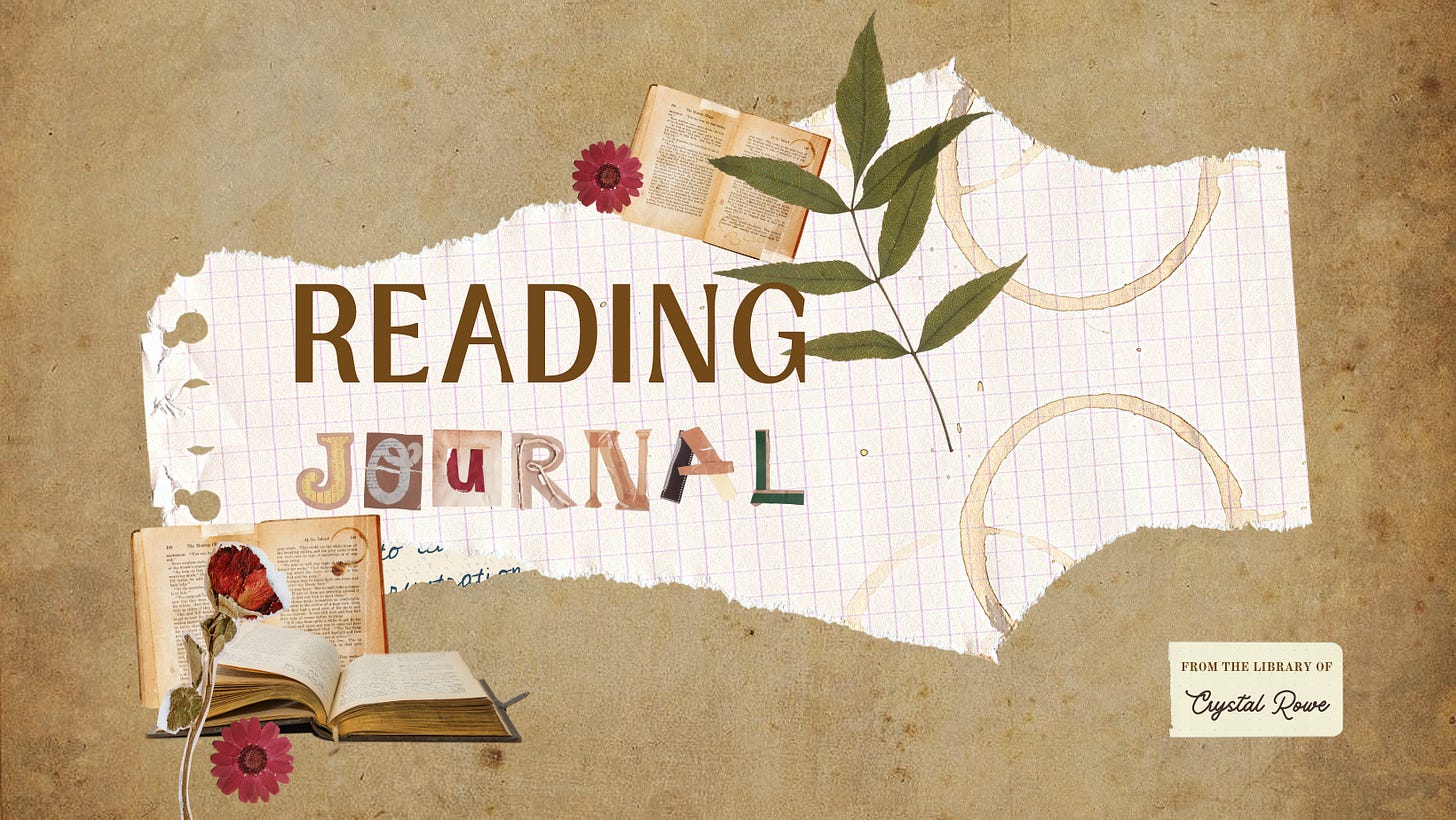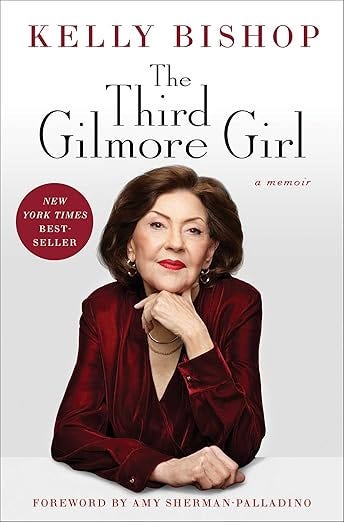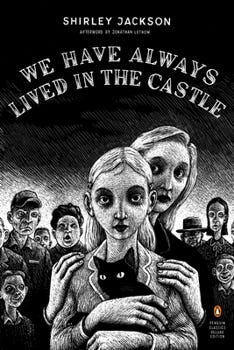October’s Theme was Conflict. Here are a few things I noticed in my reading.
Demon Copperhead, Barbara Kingsolver
I was the person not invited at June’s house. That feeling hangs on you like a smell. I had put showers between myself and Creaky’s barn, but this is not something that washes off. You get used to it, not in the good way, to the extent of the entire world oftentimes feeling like a place where you weren’t invited. If you’ve been here, you know. If not, must be nice.”
I find this writing to be preachy and disingenuous to the narrator. I have a hard time connecting with memories from an 11-year-old boy when it’s written this way. I don’t believe an 11-year old foster child, coming from a broken home full of poverty and abuse would be this in tune with what is actually happening.
I ended up not finishing this book because of too many passages like this one, but I kept it in my reading journal because I think we can learn as much about what NOT to do as we can about what TO do. This book showed me how NOT to write conflict. I wish Kingsolver hadn’t used as much reflective language in the novel and let me come to my own conclusions about how he felt.
The Third Gilmore Girl, Kelly Bishop
I don’t know if the Foreword written by a different author counts as introducing conflict, but Amy Sherman-Palladino’s introduction of the book had me hooked from the very beginning. I was—am—a huge Gilmore Girls fan, so when she begins by telling us Gilmore Girls wouldn’t have happened without Kelly Bishop, I was hooked.
“I’ll know her when she walks in.”
That’s what I kept saying.
There’s no real conflict between the author/narrator and anyone else, but she sets the stage at the beginning for this internal conflict she feels during the audition process. One by one, she says no to great actresses. It isn’t until Kelly Bishop walks in that she feels settled that her show will happen.
If she hadn’t walked in.
Even after the conflict is settled, she reminds us of the potential conflict. The what-if can also be a type of conflict.
And then when she tells us Kelly Bishop was once Carole Bishop on Broadway, and changes her name after leaving Broadway, but refuses to tell us why. And I just can’t not read the book now, because I HAVE to know the answer.
//
From Chapter One:
“Looking back, it still fascinates me how a single, seemingly ordinary phone call changed my life. ………
It was 1974, a typical cold bleak January day in New York City.”
She starts with this cliffhanger, and then goes on to talk about how dull and normal her life felt. How happy she was—had been—as a dancer; and how life was going pretty well for her. Just when you think it’s going to be a happy, boring story, she gives us this:
“I was just weeks away from my thirtieth birthday, and the average shelf life of a chorus dancer was right around thirty-five years.”
I’m already thinking: Oh no! What’s going to happen?!” Even though I know who she is and how her career ends up, this line has me feeling stressed out that she’ll age out of show business before she gets her big break.
Several pages later, she introduces a character, using dialogue to show strained relationship and conversation.
“Michael and his assistant, a lovely guy named Bob Avian, were standing at the lip of the stage, watching us do a dance number called “Turkey Lurkey Time” that ended the first act, when I saw Michael look at me, lean over and say something to Bob and then point at me and laugh.
I immediately stopped dancing, while the other dancers and pianist kept going, and planted myself at a dead standstill, staring at Michael. He noticed and stared back at me, confused.
“Is there a problem?” I asked him.
P. 14
“My heart was pounding when I dialed the phone in my room, trying unsuccessfully not to get my hopes up.”
The use of “heart was pounding” and “trying unsuccessfully” show the internal conflict as she made the phone call that would change her life forever.
The Pearl, John Steinbeck
This is a small but mighty book. Conflict is introduced right away with a scorpion bite: the mother tries to resolve it by sucking the poison out, and then asks for the doctor. We’re almost instantly given more conflict when the doctor refuses to come.
I didn’t keeping detailed quotes or notes from this one, but Steinbeck does a great job painting a sensory picture of what’s really happening. This book was under 100 pages, but because of his sensory details and descriptive language, we slow our reading down and really feel the struggle of what the couple is living through.
We Have Always Lived at the Castle, Shirley Jackson
Every October I try to read a spooky book or two. After reading The Road Through theWall last year, I’ve been wanting to read more Shirley Jackson. This one did not disappoint.
This book is full of conflict. From the very first paragraph we want to know the story of why her family is dead. It’s mysterious, it’s well written, and it leaves you wondering “what the heck did I just read?” [In the very best way]
Other Books I Read in October 2024:
The God of the Woods, Liz Moore ⭐⭐⭐⭐⭐
The Great Divide, Cristina Henriquez ⭐⭐
Outline, Rachel Cusk ⭐⭐⭐⭐
Around the World in Eighty Days, Jules Verne⭐⭐⭐⭐
The Unfolding Mystery, Edmund P Clowney ⭐⭐⭐⭐
The After Party: Toward Better Christian Politics, Curtis Chang ⭐⭐⭐
Dead Wake: The Last Crossing of the Luisiania, Erik Larsen ⭐⭐⭐⭐⭐











This is so great!! I also loved the third Gilmore girl. All the Broadway stories were fascinating and I loved learning.